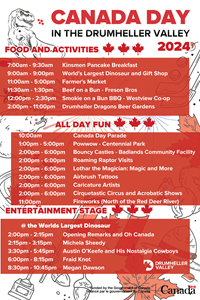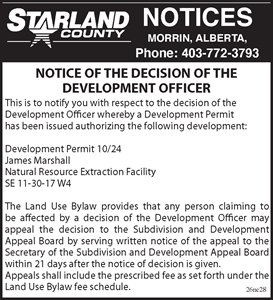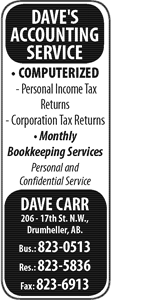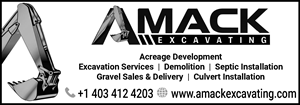
Dear Frustrated:
I empathize with you. It would be discouraging to have earned a degree and not be able to work in your chosen field.
It’s also frustrating for employers. Some employers are starting to have trouble finding people with the right skills and the shortage of skilled workers is only expected to worsen as our economy improves. The latest projection anticipates a shortage of 77,000 skilled workers within the decade.
The good news is that there are a number of resources to help you get your degree evaluated and recognized so that you can put your skills to work here in Alberta.
The International Qualifications Assessment Service (IQAS) assesses international academic credentials and compares them to educational standards in Alberta.
IQAS assessments are designed to help you get a job. An assessment certificate may help explain your education to employers, post-secondary schools or professional licensing organizations.
Attaching a copy of your IQAS assessment certificate to your resumé and job applications when you are job searching may help potential employers understand your educational credentials.
For more information on the IQAS program, how to apply for an assessment and to see a sample IQAS certificate, visit http://employment.alberta.ca/iqas.
You could also try referring employers to the new Education Overview Guides. The guides can help hiring managers and human-resources professionals get a better understanding of your credentials and how they compare to standards in Alberta.
You can find the Education Overview Guides on the Alberta Employment and Immigration web site at: www.employment.alberta.ca/educationguides.
The guides currently provide 10 different country profiles, including India. Each guide provides information on specific credentials, including the program’s prerequisites, length of study and what the credential compares to in Alberta.
The Education Overview Guides are one of many resources available to help new Albertans put their education and skills to work here.
Other resources include:
International Education Guides
International Education Guides provide an in-depth exploration of education systems in nine different countries www.employment.alberta.ca/IQAS-IEG.
Occupational Licensing Fact Sheets
There are 66 Occupational Licensing Fact Sheets that that outline the process for becoming licensed, certified or registered to work in regulated occupations at www.albertacanada.com/regulated-trades and www.albertacanada.com/regulated-professions.
Immigrant Access Fund
The Immigrant Access Fundprovides micro loans to immigrants who need help to pay for the costs associated with obtaining the Canadian accreditation, upgrading or training that will allow them to work in their profession or trade. IAF loans help immigrants move out of low-level/low-income jobs, become self-reliant, and make their best possible contribution to Canada’s economy. For more information, visit www.iafcanada.org.
For more information on getting your foreign-earned qualifications recognized in Alberta, visit www.employment.alberta.ca/fqr or call 780-427-2655 (dial 310-0000 first to call toll-free).
Good luck!
Do you have a work-related question? Send your questions to Working Wise, at charles.strachey@gov.ab.ca. Charles Strachey is a regional manager with Alberta Employment and Immigration. This column is provided for general information.



























